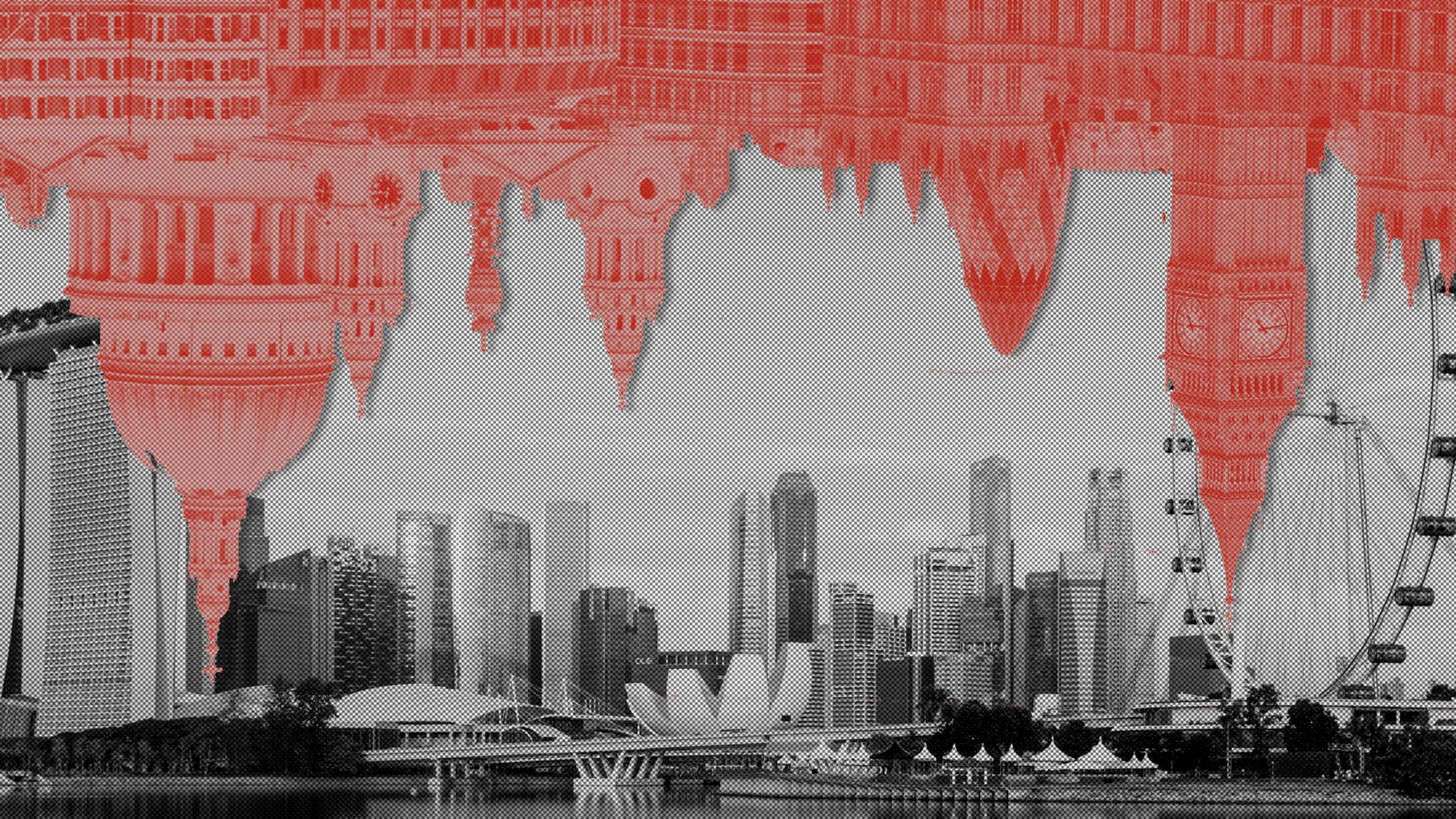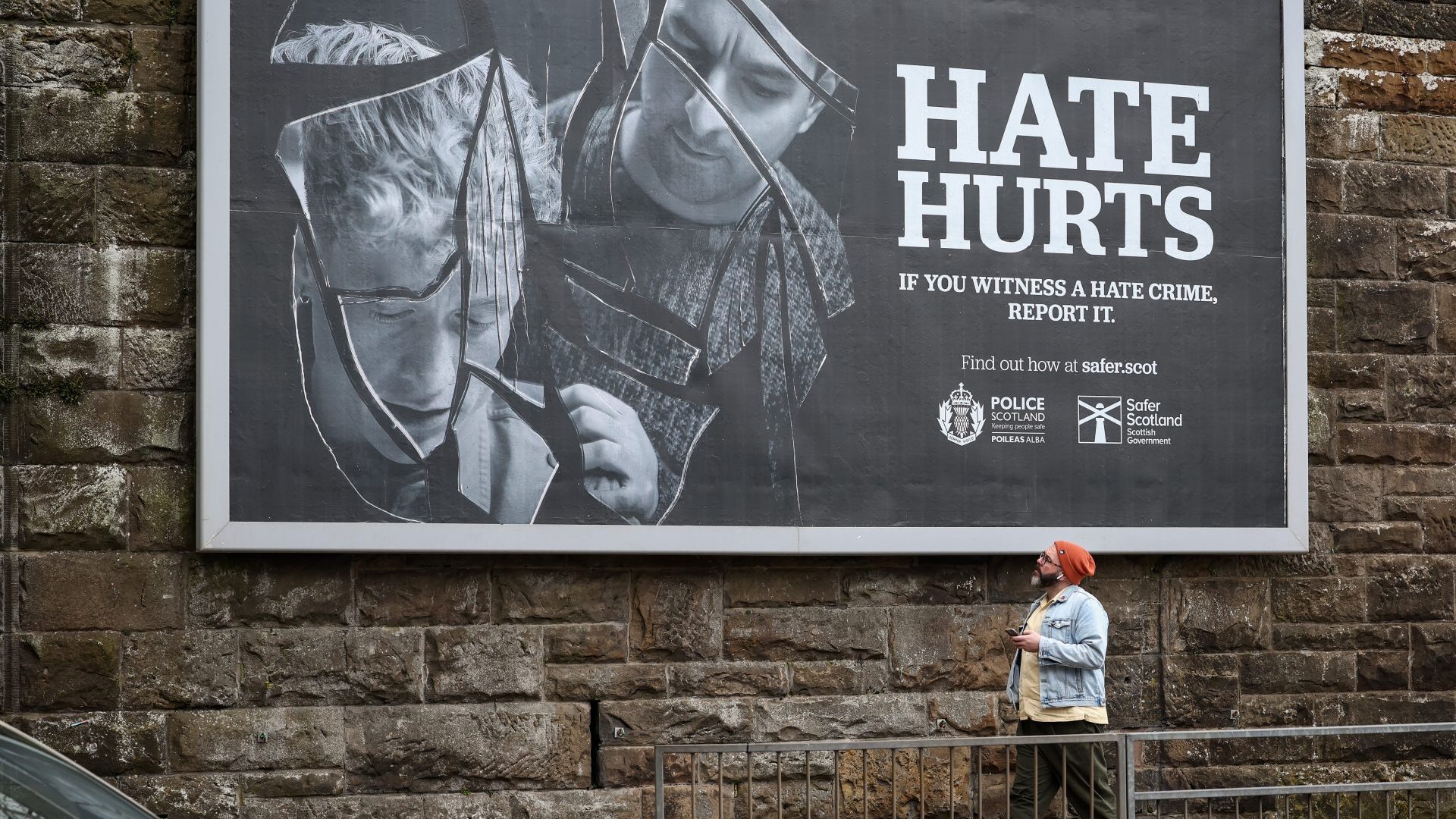“Singapore-on-Thames” was one of the many conflicting visions for post-Brexit Britain suggested by the Brextremists when they were persuading the country to leave the European Union. As with other promises made for their great project, it was based on a mix of deception and wilful misunderstanding.
For a start, the Singaporean economic model is open and outward-looking. They would see cutting themselves off from an enormous nearby trading partner as a self-harming folly. Singapore is also, unlike the Brexit project and many who led the fight for it, deeply uncorrupt.
There last week, I was talking to a senior lawyer, their equivalent of a King’s Counsel, who knows Britain well. He was startled when I said that in addition to the general incompetence of our government, and the disaster of Brexit – on which there is near universal agreement wherever in the world you travel – corruption was becoming a real problem in our politics.
“No,” he said. “Surely not.”
I asked him what would happen in Singapore if a man who had given £15m to the governing party, and recently received a major honour from the prime minister, was taped saying that he hated a female black MP, that she made him loathe all black women, and he wished someone would shoot her?
Startled turned to shocked. Well, he said, first, the man wouldn’t exist in Singapore because of rules on political funding. But if anyone said something like that, they would be arrested, charged, and probably go to jail for inciting racial hatred.
So we can assume, I said, that your prime minister wouldn’t do as Rishi Sunak did, say that the man had issued an apology (sic), what he said wasn’t racist or misogynist and we should move on (and keep the money). Indeed he wouldn’t.
My lawyer friend showed me coverage of a recent case involving a former polytechnic lecturer of Chinese heritage, Tan Boon Lee, who abused an Indian man out walking with his Chinese girlfriend. The couple filmed his tirade – “such a disgrace, Indian man with a Chinese girl”. He accused the man of “preying on Chinese girls”, and added: “If you are proud of your own race, you marry somebody Indian.”
Mild on the Tory donor scale, you might think. Yet he was sentenced to five weeks in prison, and fined, the judge saying that there had been an increase in racial and religious attacks and that the courts – and indeed everyone – had a duty to safeguard the social fabric of society. Which is what Sunak should have said when stripping Frank Hester of his knighthood and returning his racist and misogynist millions.
Which he didn’t do of course because the Tories want the money and don’t want to offend any racists and misogynists who support them.
Next, I asked – what about if a Singapore businesswoman used her connections to government ministers to land a multimillion Covid contract, took and kept the money, but provided PPE materials that were binned because they were unusable?
If those were the facts, suggested my legal friend, then jail: for the people who promised the goods that weren’t delivered and for whoever in government oversaw the contracts.
Perhaps Singapore-on-Thames might not be a bad idea after all.

So let’s look at the difference in attitudes to standards in public life: in Singapore a former minister is currently facing charges, and the possibility of a jail sentence, for accepting gifts of bottles of whisky from a businessman. Two ministers were investigated after renting bungalows on government land, the probe launched by the country’s main anti-corruption body to ensure all had been above board – they found it was – and that no preferential treatment had been given.
These would not even register on the political and media radar in the UK. Yet they led to long debates in parliament, the PM emphasising the need for people in positions of power to be cleaner than clean.
“The UK has great enduring strengths though,” said my Anglophile lawyer friend. Agreed. But unless we get a government that stamps out corruption, rather than tolerates and engages in it, the decline to which Brexit and a succession of dreadful prime ministers have propelled us will accelerate, when it needs to stop.
It’s why I hope Keir Starmer reads the Governance Project written by a team headed by the former attorney general, Dominic Grieve, which has a number of very good ideas on how to undo the damage done in recent years. And I hope he campaigns on them and implements them if he becomes PM.
I learned a couple of interesting Chinese phrases. Hua qiao, a Chinese person who lives abroad but without overseas citizenship, and so remains Chinese, to be looked after by Beijing; and hua ren, Chinese who become nationals of their adopted country, a status which Beijing respects.
However, China is now calling on “all ethnic Chinese around the world to stand up for the motherland,” and after the Taiwanese elections, Xi Jinping spoke of mobilising “patriotism among overseas Chinese” and strengthening “the unity of Chinese people at home and abroad”. In Xi’s eyes, the distinction between hua qiao and hua ren is to be eroded.
The Indian PM, Narendra Modi, has long seen the diaspora as a key target for his national-populism, and a way of showing off his remarkable popularity to other world leaders. He recently drew 65,000 to a stadium in the UAE. Similar numbers attended his rally at Wembley a few years ago.
He has had huge crowds of Indian expats in Houston, New York, Singapore and Sydney. He has cemented his support with many through the Overseas Citizens programme, which doesn’t confer citizenship, but which does give visa-free entry to India for life.
Their general election, which takes place in seven phases, begins on April 19 and ends in early June. India is often called the biggest democracy in the world. The campaign is even bigger, with Modi supporters around the world holding events and rallies to generate support for him at home.
Diaspora politics is nothing new. But Modi has taken it to a whole new level. It’s one reason why the outcome on June 4 is almost as predictable as the election in Russia a few weeks back.
Taylor Swift certainly made an impact in Singapore, and so did its culture minister, Edwin Tong, who oversaw the special deal with her promoters that got the US billionaire singer to visit the city-state without performing in other countries in the region (much to their disgruntlement).
Six sell-out shows in the 55,000-capacity national stadium had Swifties flying in, with some economic analysts estimating that her visit added around £250m to the economy.
Tong refused to reveal the sum paid by the Singapore Tourism Authority to Team Taylor, but defended the deal in parliament, telling opposition MPs: “I can assure members of the house that the economic benefits to Singapore are assessed to be significant and outweigh the size of the grant.”
He also, given the anti-corruption culture outlined above, had to pay for his own tickets, though I suspect he would reckon the personal PR benefits were assessed to be significant and outweighed the cost.




